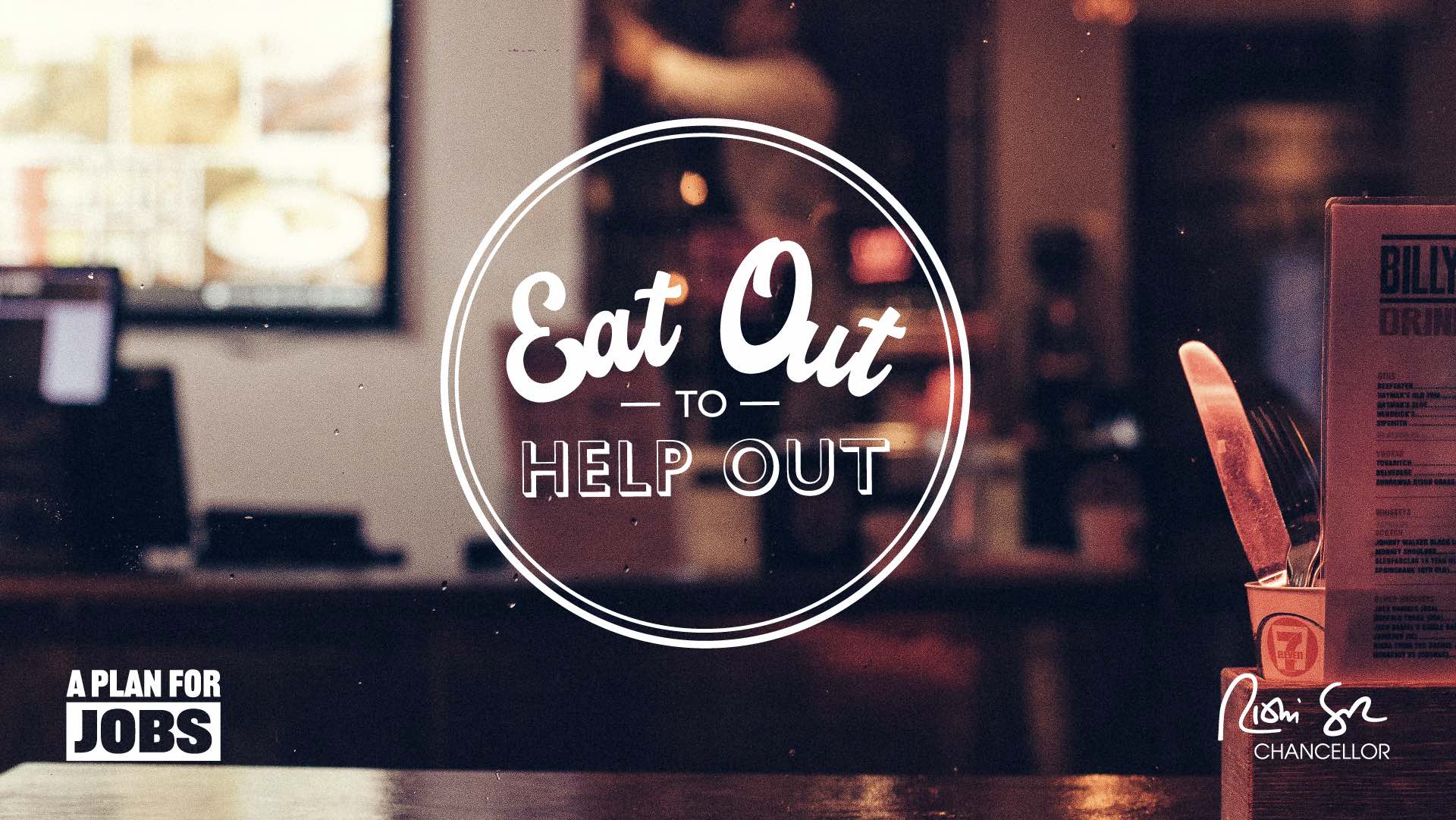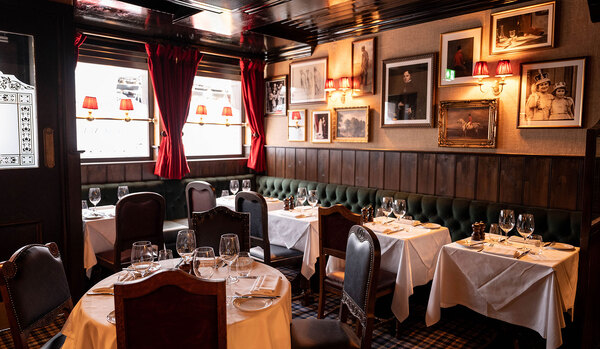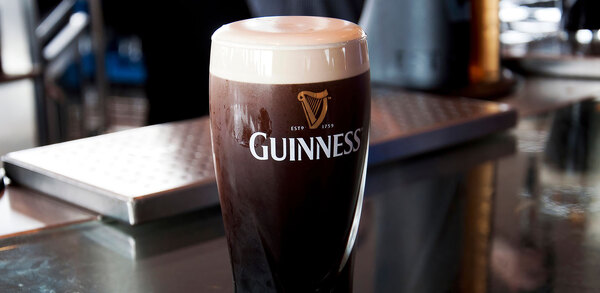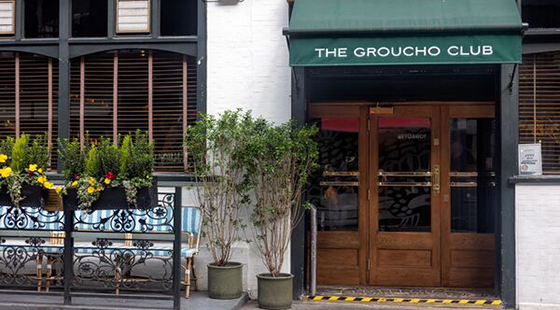Eat Out to Help Out serves up £250m in financial benefits to government, trade bodies say
The Eat Out to Help Out scheme served up £250m in financial benefits to government, as well as boosting thousands of hospitality businesses, trade bodies have said.
The British Beer & Pub Association, the British Institute of Innkeeping and UKHospitality have calculated the sum based on 200,000 staff being brought off furlough to meet the increase in demand, combined with the additional funds paid into government coffers through VAT.
Last week the government announced that 130,000 claims had been made through the scheme equating to a cost for the Treasury of £522m, although this is expected to increase.
Emma McClarkin, chief executive of the British Beer & Pub Association, said: “The Eat Out to Help Out Scheme has clearly been a success for the government, pubs and hospitality alike. It has saved tens of thousands of jobs, helped with the recovery of the economy and boosted our sector at a much-needed time.
“Investing in our sector clearly delivers, and we still need further support from the government if it is to fully recover like we know it can. With the upcoming autumn budget, as well as the business rates review, now is an unparalleled time to greatly reduce beer duty, business rates and VAT in our sector to give it the significant boost it needs to survive and thrive. Now is the time for the government to continue investing in our sector to deliver a strong recovery and job security.”
Kate Nicholls, chief executive of UKHospitality, added: “Eat Out to Help Out was a shot in the arm for consumer confidence in eating and drinking out of home, right across the country. It gave our businesses the opportunity to showcase the investment they had made to keep customers safe while also making them feel welcome.
“As we approach winter we need to ensure the right support is in place to stimulate a more sustained demand. A significant starting point would be to extend the VAT cut, ensuring the business rates holiday is continued next year and getting more of the UK economy back on its feet, including those businesses that remain closed.”




















